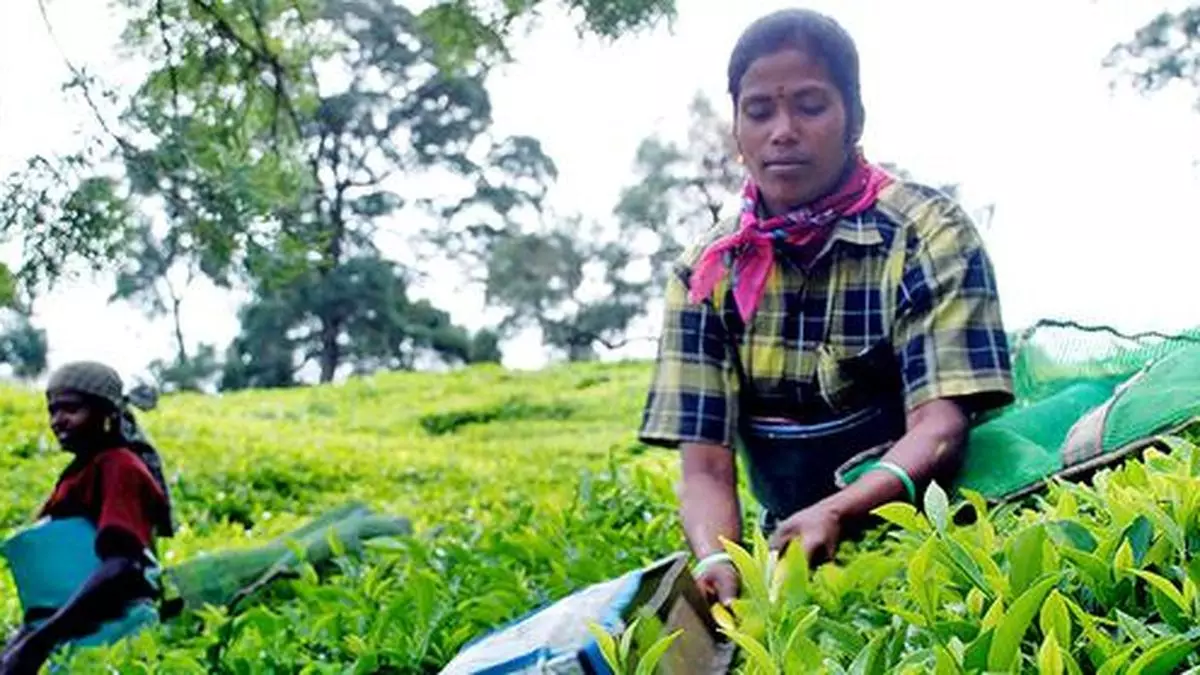HUL, Tata Consumer to increase Tea prices
Fast-Moving Consumer Goods (FMCG) makers will be implementing a price hike for their Tea products due to inflationary pressures.
“Inflation in tea prices continues and is up to 25 per cent. We will be taking calibrated price increases in Tea prices in the December quarter,” said Ritesh Tiwari, Chief Financial Officer of Hindustan Unilever Limited during the quarter result media briefing.
Tata Consumer Products Ltd (TPCL) has already affected a price increase of upto 5 per cent.
“During the quarter, on margins, the top line grew by 11 per cent while the bottom line grew by 1 per cent. The prices of Tea have gone up by 25 to 30 per cent but we have only translated between 3 to 5 per cent into pricing. We are taking calibrated price increases as we do not want to give a demand surprise to consumers.”
“We want to make sure the prices are competitive, and we don’t want the consumer falling off prices. We will see price implementation every quarter over the next two to three months and equalize the margins,” said Sunil D’ Souza, managing director of Tata Consumer Products to the media during the roundtable discussion on the collaboration with Salesforce on the introduction of a distributor management system.
On its ready-to-drink beverages, the company has taken a price cut to match the competition.
Speaking on the muted demand, D’Souza pointed out food inflation but is positive on the increase in spending in urban areas.
“At Tata Consumer Products, we were under-leveraged in semi-urban and rural and as we are expanding our distribution stream, we are seeing an uplift in rural. 18 months back, the cost of inputs for agriculture had increased beyond the rising MSP and there were erratic monsoons.”
“This year we had a good monsoon; inflation is largely benign and MSPs have gone up and we will see the rural demand. In urban areas, the impact of flooding, and food inflation among middle-income groups is a reality. This is across various categories that companies are talking about stress in urban areas.”
“I think after the pause of the government spending during the election, as the government capex ramps up, urban spending will pick up,” he added.
